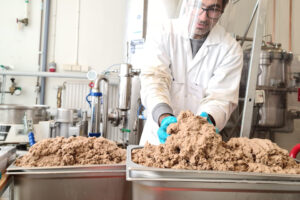
Aquaculture Innovation Award Finalist: Seaqure labs’ aquafeed ingredient made from fungi and food waste
Sweden-based startup Seaqure labs is addressing global protein needs by exploiting the benefits of a mycoprotein powder made from fungi.
Global Fishing Watch’s new open-access platform strengthens the fight against illegal, unregulated and unreported (IUU) fishing and helps reduce supply chain risks.

Sweden-based startup Seaqure labs is addressing global protein needs by exploiting the benefits of a mycoprotein powder made from fungi.
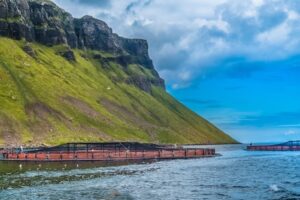
Three new aquaculture projects net $2 million in funding to improve fish health and welfare in response to climate change challenges.
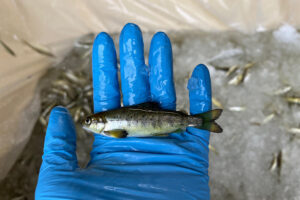
Responsible Aquaculture Innovation Award Finalist Tiny Fish humanely harvests farmed fish, deemed too small for grow-out, for nutritional purposes.
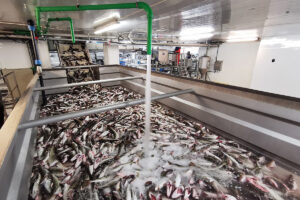
PicoICE by Green Iceberg generates tiny ice particles to chill fish faster, slow bacterial growth and maintain peak freshness in storage.
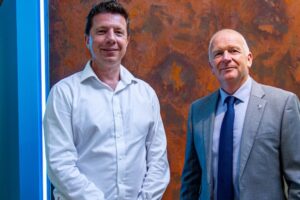
Ace Aquatec has received a grant from Michelin Development to fuel the growth and development of the aquaculture industry.
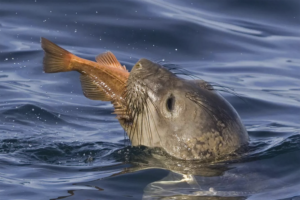
To reduce predation and increase catch, GenusWave uses brief sounds to startle marine mammals, using technology to target specific species.
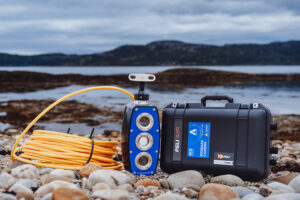
With weight variance a costly problem for fish farmers, Ace Aquatec says its A-BIOMASS® biomass estimator boasts high accuracy rates.
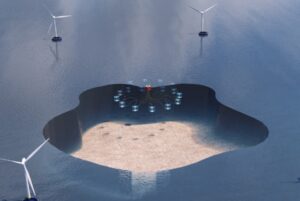
Project combines offshore wind power with sustainable aquaculture, aiming to produce 6,000 tons of fish annually from the integrated systems.
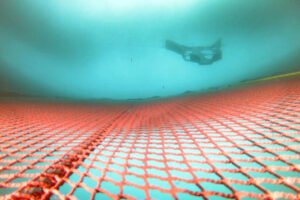
Underwater robots are automating the cleaning and inspection of fish pen nets, reducing risks for humans and improving fish health.
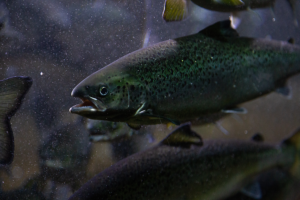
AI is enhancing gender-sorting processes and optimizing quality assessment and production of Atlantic salmon aquaculture.
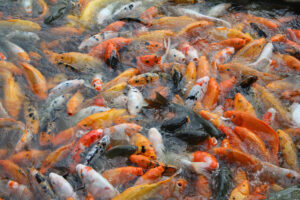
A review of the genetic and molecular mechanisms causing fish pigmentation provides framework for aquaculture genetic engineering strategies.
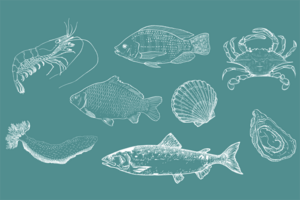
The World Bank has released a guide designed to boost investment in sustainable aquaculture, the world’s fastest-growing food sector.
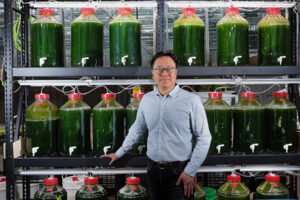
Recent studies demonstrate innovative methods can effectively treat aquaculture wastewater, reducing environmental harm.
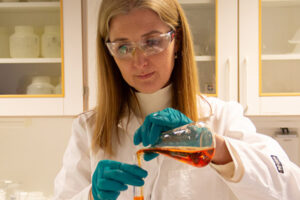
SINTEF scientists are developing new technology to convert fish byproducts into high-demand ingredients, promoting a circular economy.
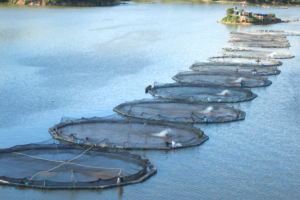
Can merging real-time farm data with predictive models based on existing knowledge improve insights into the biological and physical dynamics of fish farms?